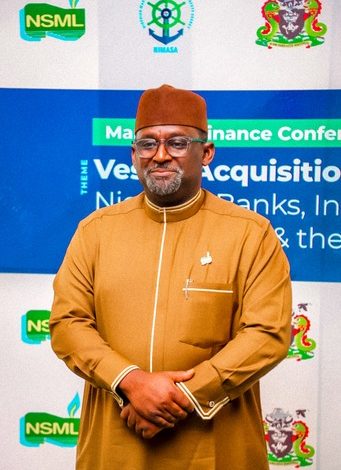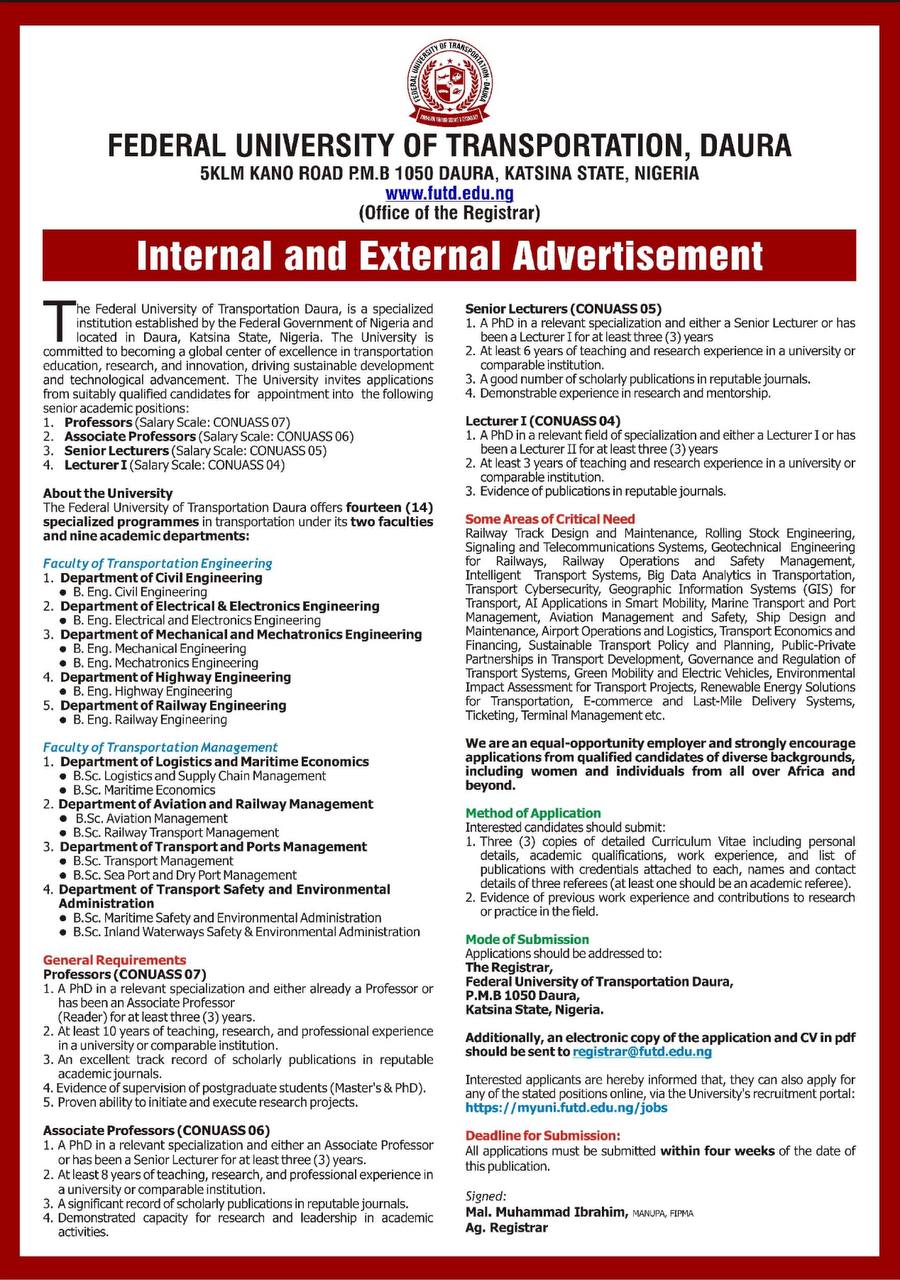The Managing Director/cEO of NLNG Shipping and Marine Services Limited (NSML), Abdulkadir Ahmed, has stressed the importance of Regulations, Standards and Competence in the ship acquisiton process.
He made this observation today, August 22, 2024, at the annual Association of Maritime Journalists of Nigeria (AMJON) Maritime Finance Conference held in Lagos.
Stressing his point, he said “whilst the focus of this conference is centred on financing and insurance in the vessel acquisition and construction process, which are undeniably critical components in the maritime industry, it is imperative to equally examine the indispensable roles of regulations, standards and competence in this multifaceted process.
“These elements form an integral part of the ship/vessel acquisition process.
The shipping and maritime industry is a highly regulated one with great emphasis on safety, reliability and environmental sustainability.
“Compliance with conventions, regulations and guidelines primarily issued by the International Maritime Organisation (IMO). IMO’s SOLAS (Safety of Life at Sea) convention, MARPOL (Maritime Pollution) convention are core pillars of operation in the global maritime industry.
“With the drive for decarbonization and emphasis on the need to reduce greenhouse gas (GHG) emissions, to combat the threats posed by climate change, there are a plethora of new rules and regulations owners need to be aware of when acquiring vessels”.
He added that “the landscape of maritime regulations, and by extension the standards, is becoming more and more stringent with resultant impact on design and operations of both new and existing assets”.
Speaking on the financing perspective, he said “From a financing perspective, major financiers and insurance companies of ships globally have signed up to the Poseidon Principles which is a global framework for integrating climate considerations into lending decisions to promote international shipping’s decarbonization.
“The principles are consistent with the policies and ambitions of the IMO to reach net zero emissions in the maritime industry by 2050 compared to 2008 levels.
“Currently, 34 financial institutions are signatories to the Poseidon Principles, representing a bank loan portfolio of global shipping of 80% of the global ship finance portfolio.
“Signatories commit to implementing the Poseidon Principles in their internal policies, procedures, and standards and to work in partnership with their clients and partners on an ongoing basis to implement the Poseidon Principles”.
According to the MD, the “theme of this year’s conference, which focuses on the key role of finance and insurance in the maritime industry, especially on how they impact the vessel acquisition and construction (newbuild) activities is quite apt and pertinent especially with increased focus on deepening the contribution of marine and blue economy’s contribution to economic growth”.
He added that “Vessel ownership and acquisition occurs within two segments of the shipping industry – The Sales and Purchase segment where second-hand vessels are traded and acquired, and the Newbuilding market where newbuild vessels are constructed from scratch. Irrespective of the market owners play in, the importance and role of finance cannot be overemphasised”.
Stressing the financial volume of the industry, he said “according to the Petrofin Index for Global Ship Finance, the top 40 banks lending to shipping in 2023 was US$284.27bn, the total global bank lending of all banks, including local banks approached US$375bn in 2023. whilst a cautious and indicative figure for global ship finance, including all forms of lending – leasing, export finance and alternative providers – is approximately US$600bn.
“These amounts are huge and significant and underscore the key roles of financial institutions including insurance institutions in the acquisition, construction and operations of vessels globally”.













